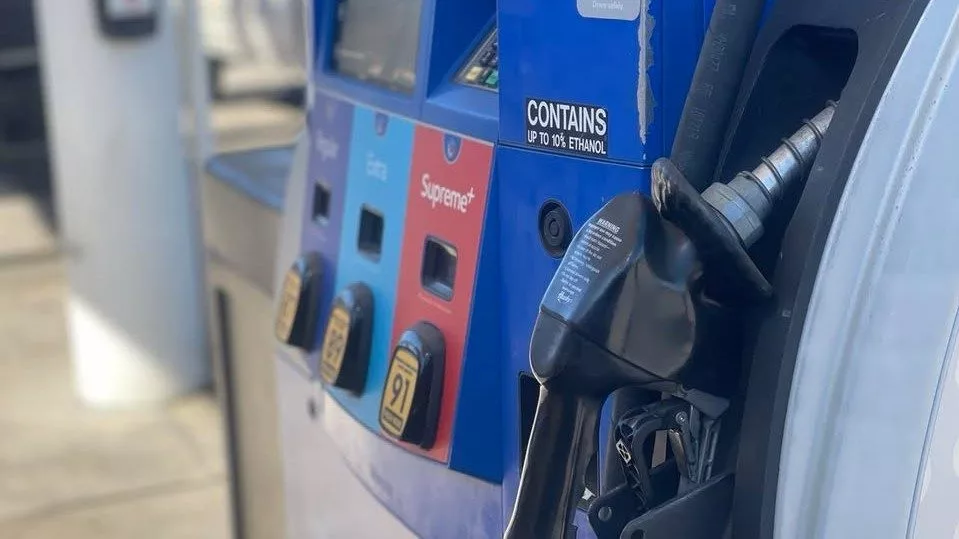(The Center Square) – Spokane Police Chief Craig Meidl has joined Sheriff Ozzie Knezovich in demanding that state officials disband a large homeless camp in East Central due to ongoing nuisance law violations and criminal activity.
The police department reports that there were 384 calls for service at the property within a 56-day period this year. Response to incidents at the camp have cost the city more than $500,000 in overtime hours for patrol officers, according to Meidl.
In a letter to the Washington State Department of Transportation, which owns the property, Meidl said the camp is illegal and needs to be removed. The letter was also sent to Jewels Helping Hands, a local nonprofit that is providing services to the camp and advocating for its residents.
With the letter, Meidl included a proposed agreement requiring WSDOT and Jewels to move campers into homeless shelters and have the site completely cleared by Nov. 15.
“This Chronic Nuisance Notice is the city’s attempt to hold the above parties to an immediate plan and course of action because the drug activity, criminal activity, health hazards, and unfit/substandard living conditions that occur in and around WSDOT’s property are continuous, ongoing, and causing immediate and irreparable harm to the community – as well as those living within the camp allegedly being beaten with hammers, raped, and branded,” Meidl wrote.
The camp was established 10 months ago at Third Avenue and Freya Street. Jewels and other service providers contend there are more than 600 people staying there, making it the largest encampment on public land in Washington.
However, Knezovich believes there are only a couple hundred people at the camp that formed after a December protest at city hall about the lack of available shelters and affordable housing in the area. The sheriff recently held a press conference to announce that he plans to empty the camp by the middle of November.
Meidl agrees it is time for action. He said it would be a “compassionate action” to end what has become a public health and safety emergency before winter sets in.
In the Oct. 8 letter, Meidl gives a long list of the crimes that have occurred in Camp Hope this year. These include drug use and distribution, burglaries, theft and a recent drive-by shooting just outside the site. Occupants of the camp “knowingly and maliciously threaten neighbors with bodily injury, property damage and other acts,” said the chief.
He provided an example of one serious incident showing the lawless mood of the camp. Meidl said in July his officers responded to a burglary report at the Make-a-Wish Foundation located near the camp. After police launched a drone to investigate, he said another drone was sent into the air from inside the camp to crash into the police drone, causing damage to its propeller.
The bottom line, the chief said, is that conditions at the camp are “unfit for human habitation,” including raw sewage in and around the site. The letter demands that WSDOT respond within 10 days as required under the city’s chronic nuisance property ordinance. That local law requires the agency to come up with a plan to stop violations or face legal penalties and court action to resolve the dispute.
WSDOT and Jewels erected a fence around the camp last week to provide residents with greater security and address complaints by nearby residents and business owners. The state agency announced plans to hire a security company to be on site, starting this week, but has protested closure of the camp until alternative housing has been found for residents, which officials say will take months.
Meidl’s letter to Rich Millar, director of WSDOT, follows one sent by the sheriff two weeks ago to announce that he was exercising his constitutional and legal authority to clean out the camp.
In early September, Mayor Nadine Woodward’s administration also sent a letter to WSDOT threatening legal action if the property was not cleared by Oct. 14. That timeline was set back after Knezovich announced his plans to seek the abatement warrant, which he has asked the prosecutor’s office to pursue.
The Spokane County commissioners are supporting Knezovich’s plans and last week authorized Prosecutor Larry Haskell’s office to pursue the warrant so relocation of campers could commence.
Brian Coddington, spokesperson for the mayor’s office, said talks with state officials are ongoing to come up with a resolution to the impasse.
“The city of Spokane stands ready to provide meaningful solutions and support so that together we can successfully improve the health and safety of the illegal campers at the property and the surrounding community,” wrote Meidl.




